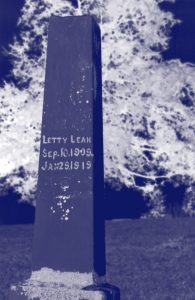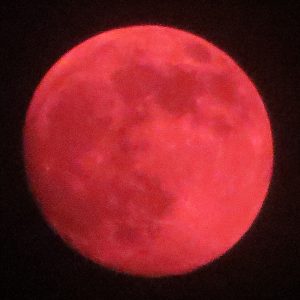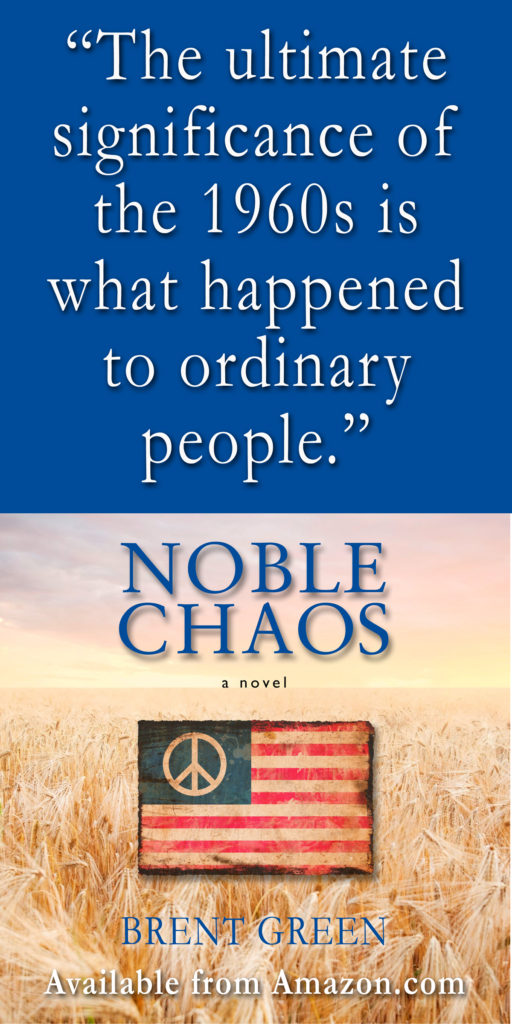
LETTY LEAH
Land embracing the graveyard flattened to the horizon in every direction, void of landmarks other than the undulating rise and fall of fertile river bottom farms and vast open spaces. It would have been easy to pass the burial place because gravestones could not be seen from an old country road from which a rancher’s path had been cut. The crest of this insignificant hill disguised several dozen burial monuments. A matched pair of giant evergreens stood firm as sentinels above the knoll.
Ryan Sterling could not understand what tempted him to turn his grimy Volkswagen Beetle onto a cattle path and discover this graveyard and so many ancient stones. But he would learn that love compelled him.
It had been an intense summer day, hot and bright. Steamy August heat, which had persistently scorched Lawrence, Kansas, during that long summer, became a cooling memory. The hill and gravestones anchoring it rewarded movement from a damp wind. Boughs of the great trees lumbered back and forth, whispering applause with each gust.

He stubbed out the remainder of his joint, ate the roach, and closed the car door; feeling circumspect, he wandered aimlessly among sun-bleached stones. As he reached the apex of the graveyard he scanned the landscape and sighed. The road below curved through a panorama extending twenty miles to the east. Mile after mile of tallgrass prairie, bisected by fallow farms, answered late afternoon breezes. At the horizon the university appeared to be chiseled from flint as if cut in sharp angles and placed before an azure canvas. How incongruous an insignificant hill could stage such a view of a green-gold valley beyond; everybody knows Kansas is flat.
Ryan followed his spinning thoughts to epistemology. He wondered how this graveyard had begun. Perhaps a prairie schooner carried them here. A homesteader grieving death of a family member—or anticipating his own demise—walked over this oasis and understood centuries could pass without discord. The pioneer took in this same majestic panorama: yes, the view would be held through time for bereaved. Those who walked upon ancient sod would tread with respect. Breezes would be cool in summer, and a western sun would soften arctic winds in winter.
This had been a wise choice.
Turning west, Ryan smelled subtle bouquet of a rose shrub growing against one headstone. Tiger lilies fanned around the hill as spirals of benevolent sun catchers; the flowers matched fire of a hot Kansas sunshine. Bleached burial monuments reflected amber light of a sinking sun.
Although he felt self-conscious, Ryan answered an urge to keep moving among tombstones. Each stone had character. Flint and granite tombstones tilted away from strong north winds—rugged markers carved from anguish and haste of survivors. These weathered memorials captured temperament of a forgotten time. Rectilinear stones, machine honed and technically perfect, marked a few of the privileged; those people didn’t belong here. One stone inscribed the grave of a man born in 1857. He rested below the larger of two evergreens, no doubt a sign of respect for his humble achievements. Perhaps they had planted those trees when they planted Mr. Potter.
Ryan drifted around the graveyard from one stone to the next trying to understand the story of each.
His wander was directionless and his mind raced with scattered thought and feeling. Such a simple graveyard, quiet, timeless and unchanging. The hill could be a crossroads: junction of a country road and a rancher’s path, someplace that exists in three dimensions of physical space. Or, it could be a vision of the fourth dimension, an evanescent idea of ticking time.
In his mind it became convergence of ageless values under siege by present turmoil: conflict between old and new, of inconsonant goals, philosophies, and decisions. Change pressed upon him, and he understood contrasts between his life and these lifeless.
This beauty is peace, a metaphor. The final reward: no more human conflict, no more war. Here remains sameness. Here, a survivor could remember the past, render it manageable, comprehensible and acceptable. Death is one concluding answer, inexorable. How obvious.
Yet, the graveyard provided a stage for the future. Solitude invites turmoil and with it, complex questions. If this is where life ends, what then is the next step—before the finish?
War! What’s it for? Absolutely nothing!
Is it off to Vietnam to stop spread of communism? Be brave like Rodney Suthers and kick some East Asian butt? Or is this time for scholarship and careful career planning? Run off or rule reality? Live for now or tomorrow? Protest or pull out? Play or work? Cut all ties, dash to Canada, start over?
Which?
He read the grave markers without full comprehension. Rigid names bore testimony to harsh frontier existence: Skinner, Rake, Stone, Smith and Weaver. He passed death and thought about life, knowledge, experiences, relationships, peace and war, living and death—about the future. He walked to the mound of a grave and became captivated—again by contrast.
Her name whispered from stone, delicate, soft, vulnerable:
Letty Leah
Born: September 10, 1909
Died: January 29, 1919
Age nine. He read it several times. He wanted to know her, to imagine her as she must have been.
Letty inspired images of a bouncy, bright little girl, a person others sought for companionship. She could break stoic coldness and disarm bitter tastes of prairie existence. Letty had been an elixir for those who shared her life. Her name was also Leah, a spring wind in her spirit, a feminine being who caressed farm creatures. Leah would have become a beautiful woman—like Jenny, the flawless Phi Theta in his encounter group class.
Sadness swept over him. He felt grief embers buried under sod a lifetime before, embers that cold earth would not extinguish. Yet, he knew Letty Leah was nothing more than a concept, perhaps life’s most potent concept: its desolation. And he could transcend across decades to a time when a family circled this stone, maybe humble, probably resigned. They had lost the girl. She had brought hope to their lives and joy in the gift of a sweet fruit ripening slowly. How this hurt. They had lost her. Had her illness been a burden, or did she die instantaneously, an accident?
Would they circle his grave, too?
Would the casket be left open, even though a bullet from an AK-47 eliminated half his skull? Same as Rodney?
A diffident sun finally fell below the horizon; the sky cast hues ranging from powder blue at the horizon to midnight purple at zenith. He sat on the mound entombing Letty Leah and tossed stems of buffalo grass at the wind. His eyes darted aimlessly from fading light to sparkling stars. The cool air still felt damp, yet there were no signs of rain. He wished for another joint—a beautiful college chick to smoke it with—and Vinny’s stuff was the best he had had all summer. What a place to do a stoner: alone with dead people, the possibility of his own death never closer; gratitude for his life never greater.
He stood and walked again to the hilltop. Boughs of the trees frantically danced in answer to gusts of wind. As he approached the larger evergreen, he tasted chocolate, swallowed hard—a flavor children learn about from grandmother, a piece of dark temptation broken from a big hunk. Fragrance passed through his nostrils: those roses. His face tingled with sensation as if stroked by soft fur.
Something fluttered, though it took no tangible form as if elusive images one sees in peripheral vision on a shadowy night. It might have been a dove; he heard a coo. He felt radiant warmth on his cheeks. Could be sunburn, but someone was nearby; he was not alone. He peered through darkness to find shadows. Pangs of loneliness he had been fighting all day—vanished.
 A fat harvest orb rose full over the eastern plains; prairie grass ignited with somber yellow-gray light. This may have been juxtaposition of the gravestone in relation to the hill crest, or this could have been his imagination growing more vivid, but moonlight crept across the graveyard and caused just one stone to glow—the final resting place for Letty Leah. Muted in comparison, neighboring stones leaned in directions that did not reflect focused moonlight.
A fat harvest orb rose full over the eastern plains; prairie grass ignited with somber yellow-gray light. This may have been juxtaposition of the gravestone in relation to the hill crest, or this could have been his imagination growing more vivid, but moonlight crept across the graveyard and caused just one stone to glow—the final resting place for Letty Leah. Muted in comparison, neighboring stones leaned in directions that did not reflect focused moonlight.
He took several steps, fell to his knees and faced the stone. “God, I don’t want to die, and I don’t know how to live.” His emotions became a tidal wave; remorse and fear and doubt and anger undulated with swaying evergreens.
Letty touched him beyond physical sensation. He understood he must find her to comprehend his own mortality. Death is life; life is death. Letty is both. She is part of the two eternities, bookends on either side of his story.
Nearby, a rose shrub trembled. He picked a bud, placed it upon the child’s grave and walked hesitantly down the hill toward his Beetle.
Somewhere, a dove cooed.

ORDER YOUR COPY OF NOBLE CHAOS FROM AMAZON.